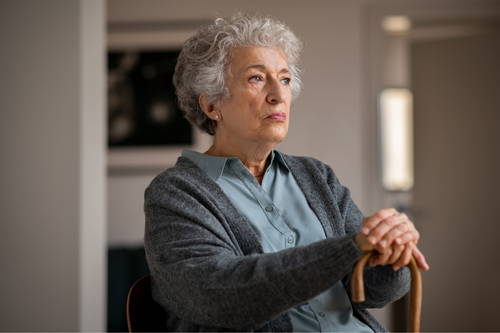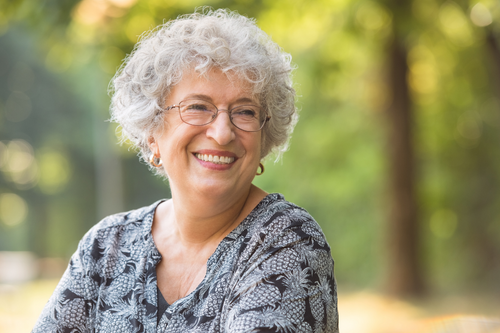Be careful what you think — our assumptions about aging actually influence how we age. Harvard University psychologist Ellen Langer tested whether cultural stereotypes contributed to memory loss. Young and old residents of the United States, mainland China, and an American deaf community were asked to list characteristics they associated with growing old. Chinese people and those who were born deaf were less likely to perceive memory loss as a feature of aging. When they were subsequently given memory tests, young people in all three groups scored much the same. However, older Chinese and deaf people performed significantly better in memory tests than their hearing American counterparts. Their memory decline was not due to their biology; it was due to their beliefs.

If we forget something in our 20s, we don’t give it a second thought. We attribute it to a big night out or a moment of distraction. If we forget something in our 70s, we worry it’s a sign of decline. The anxiety triggers cortisol release which causes brain freeze and destroys cells in the hippocampus (memory and learning center of the brain) — thus increasing the likelihood of more memory lapses. We become hyper-vigilant for further signs of weakening memory and start avoiding situations where our memory is put to the test. Use it or lose it. Before we know it, we’ve created a self-fulfilling prophecy.
Another study uncovered that one of the biggest determinants of healthy aging was having sprightly grandparents. This was not attributable to genetics but to having vibrant role models. Children exposed to elderly people who are active and independent learning that old age is associated with freedom, not frailty. In many ways, we are ‘taught’ how to age by those around us. The Japanese island of Okinawa is home to some of the longest-living people in the world. Their culture equates aging with wisdom and authority, not illness and irrelevance. This attitude guides their daily lives and provides older people with meaning, purpose, and vitality until the day they die.

Whenever Dad began protesting that his life didn’t matter, I reminded him that his health and vitality were an example to others. ‘Your engagement with life is not just about your quality of life but also that of people around you. You show them what’s possible for a person of your age. You give them a vibrancy to aspire to. You’re playing an important role in our community.’
Our beliefs are so ingrained, so deeply rooted, that we don’t even perceive them as beliefs. We treat them as facts. Our beliefs are the lens through which we see the world and if we never question our beliefs, we blind ourselves to the limitless possibilities within our reach.







